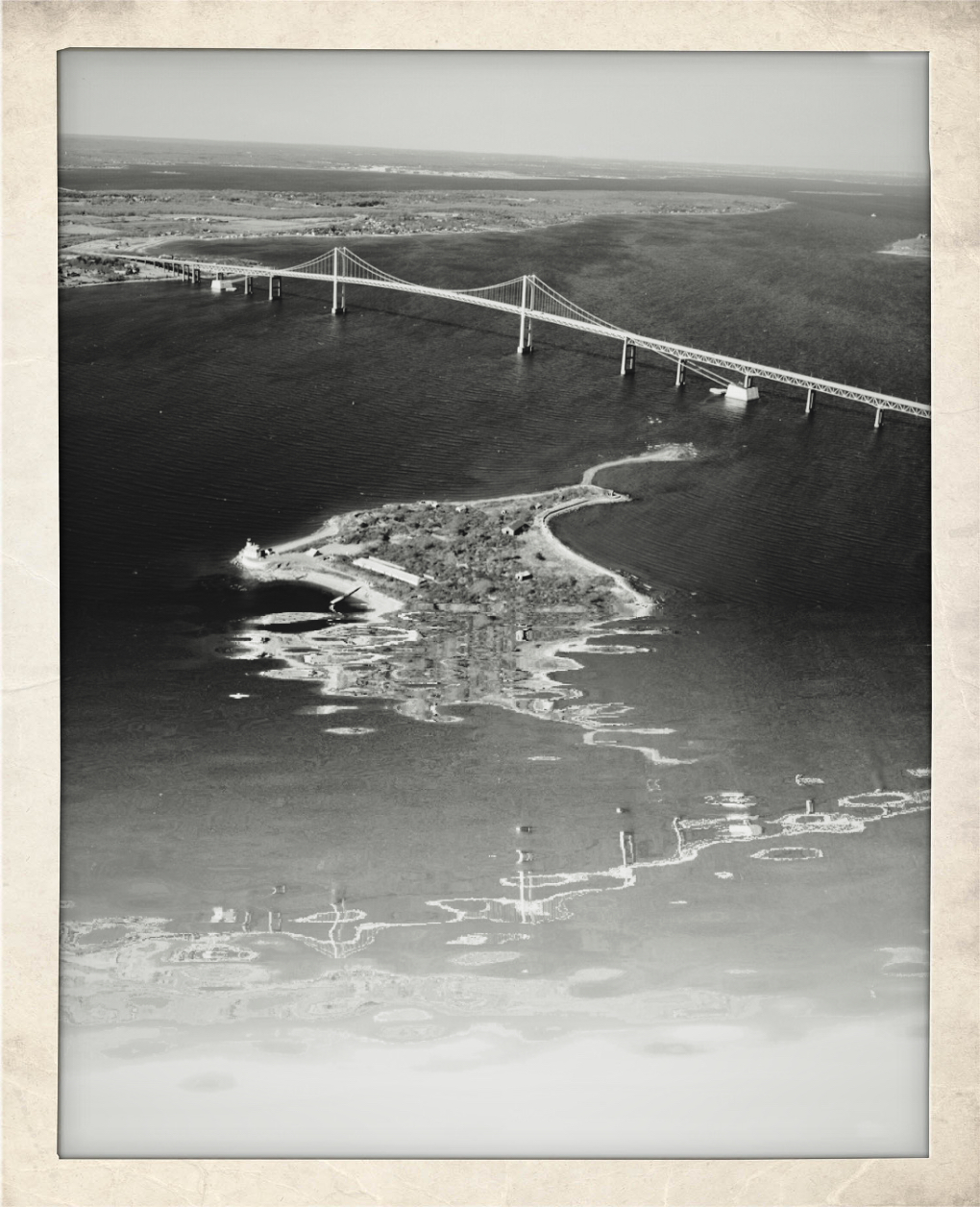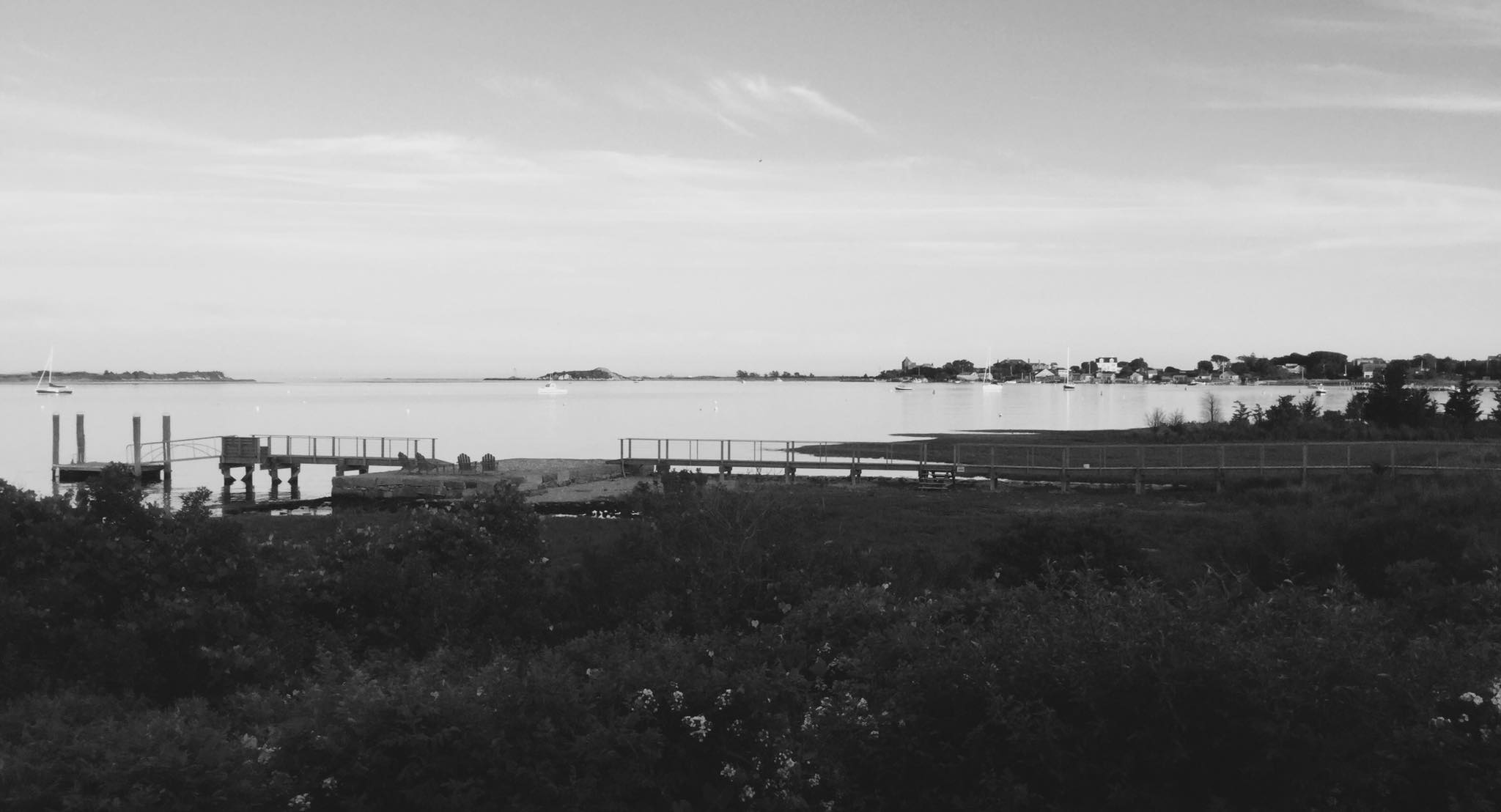Excerpted from Robert Whitcomb's Digital Diary column in GoLocal Prov.
The old line, at least since New Englanders stopped using waterpower to run most of its mills, has been that New England has little in the way of energy sources. That’s been changing for the past few years, with wind turbines and solar arrays popping up. For a while, of course, people held out hope that fracking for natural gas from relatively nearby places, particularly Pennsylvania, would conveniently help address environmental issues and help maintain the region’s energy stability.
But it turns out that the fracking process releases so much methane into the air that it will make global warming considerably worse, although of course it’s less obviously dirty than oil and coal.
An additional source of energy for New England is wave power. (Tidal power is also being worked on.) I used to write about wave power years back when I worked for The Providence Journal. Nine finalists for a U.S. Energy Department award of $1.5 million for wave-energy innovation have been having their technology tested at a Navy wave tank in Carderock, Md.
The DOE estimates that wave power that might be developed off U.S. coasts could provide almost a third of America’s annual electricity use. God knows that the New England’s coastal waters have heavy-duty waves, excluding the bays. Let’s hope that New England-linked companies, such as Sea Potential, with U.S. operations based in Bristol, succeed in getting a big hunk of this business, aided by our local research and development companies and universities. Of course launching these new sources of electricity will pose a challenge to maintaining the region’s electricity grid, which has been based on big gas, oil and nuclear plants.
xxx
The con men promoting casinos as “economic development’’ are relentless, as is the wishful thinking of locals who think that long-run prosperity (and low taxes) will come from hosting a casino in their community. A tour of most casino towns would disabuse them of this idea, an idea that becomes ever more misleading as the gambling market is fragmented by more casinos and the coming of heavy-duty gambling on the Internet.
It should not take a genius to figure out that casinos are parasites sucking money from households and local businesses and sending it to far-away investors. The way to create local wealth is to make, grow or invent stuff, not to get locals to spend their money in a casino. Perhaps this will become clearer to the people of Tiverton, now considering having a casino in that now mostly pretty town.
Tivertonians would do well to drive around some casino towns before they succumb to casino promoters' pitch.
-- Robert Whitcomb


![[#Beginning of Shooting Data Section]
Nikon D100
2004/05/08 10:48:19.9
RAW (12-bit) Lossless
Image Size: Large (3008 x 2000)
Lens: 70-300mm f/4-5.6 D
Focal Length: 270mm
Exposure Mode: Programmed Auto*
Metering Mode: Multi-Pattern
1/80 sec](https://images.squarespace-cdn.com/content/v1/561446cce4b094b629347f8d/1475386931853-1WW63UBH0LMA5X4J0LL6/fullsizeoutput_10d27.jpg)











